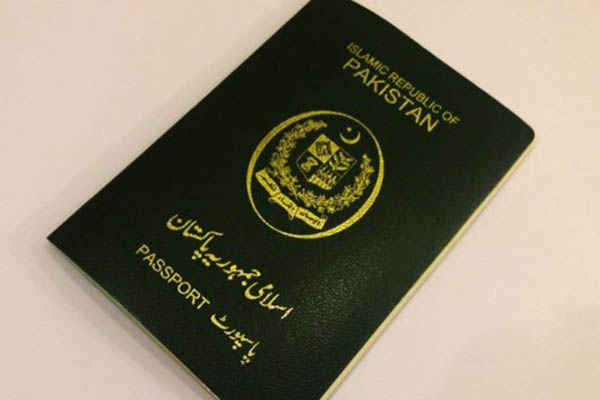
File photo
Verdict says federal government only has right to cancel, impound or confiscate passports
The Lahore High Court (LHC) on Thursday allowed citizens with cases pending against them to travel abroad, declaring that paragraph 51 of the Passport and Visa Manual, 2006, which the federal government invokes to ‘blacklist’ citizens, is ultra vires (lacking legal authority).
“Section 8 of the [Passports] Act empowers the federal government only to cancel, impound or confiscate a passport while ‘blacklisting’ is a separate concept and has a different connotation,” the judge said in a verdict that allowed pleas of four petitioners who had been blacklisted after being accused, but not convicted, of various offenses.
Maintaining that the Passports Act, 1974 did not contain any provision for blacklisting, Justice Tariq Saleem Sheikh observed in his 21-page verdict that paragraph 51 of the Passport and Visa Manual, 2006, was beyond the legislative policy of the Act. The Passports Rules 1974 were equally silent on the issue, he added.
He said that the right to travel was now globally recognized as a basic human right, adding that Article 13 of the Universal Declaration of Human Rights had declared that everyone had the right to freedom of movement and residence within the borders of each state, to leave any country, including his own, and to return to his country.
The judge maintained that the right to travel could only be restricted under a law made in public interest, noting that Article 15 of the Constitution expressly states that the restriction should not only be reasonable, but also in the public interest.
Earlier, the counsel for the petitioners had argued that it was the fundamental right of every citizen to travel within or out of the country, noting that a passport was a requirement for traveling abroad and not just privilege. Such rights, he argued, could not be nullified without specific legislation.
